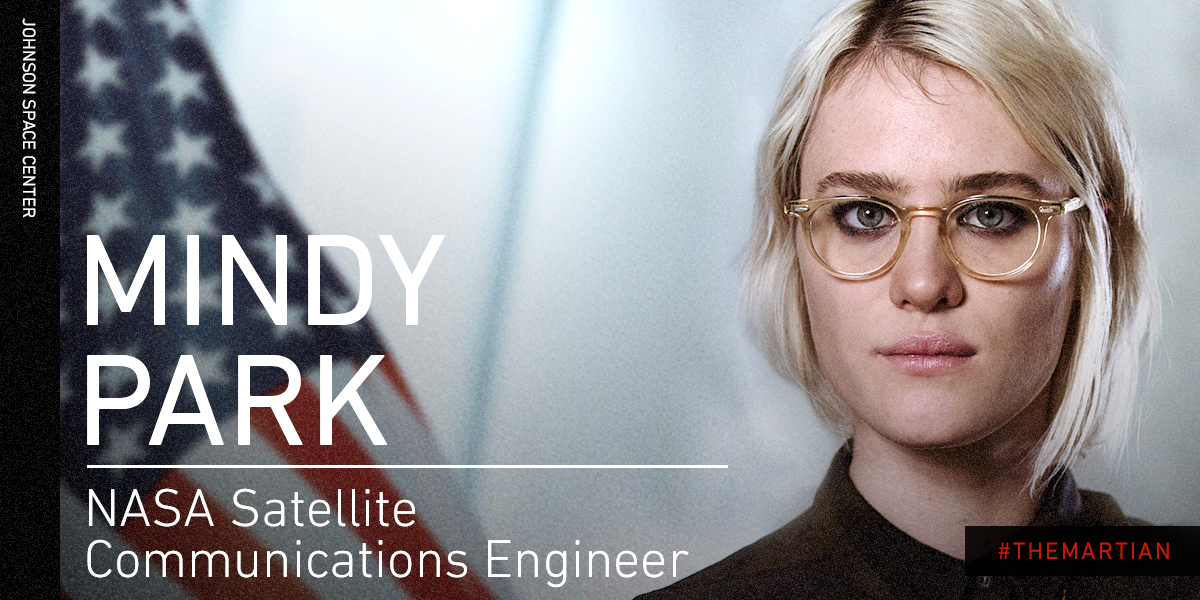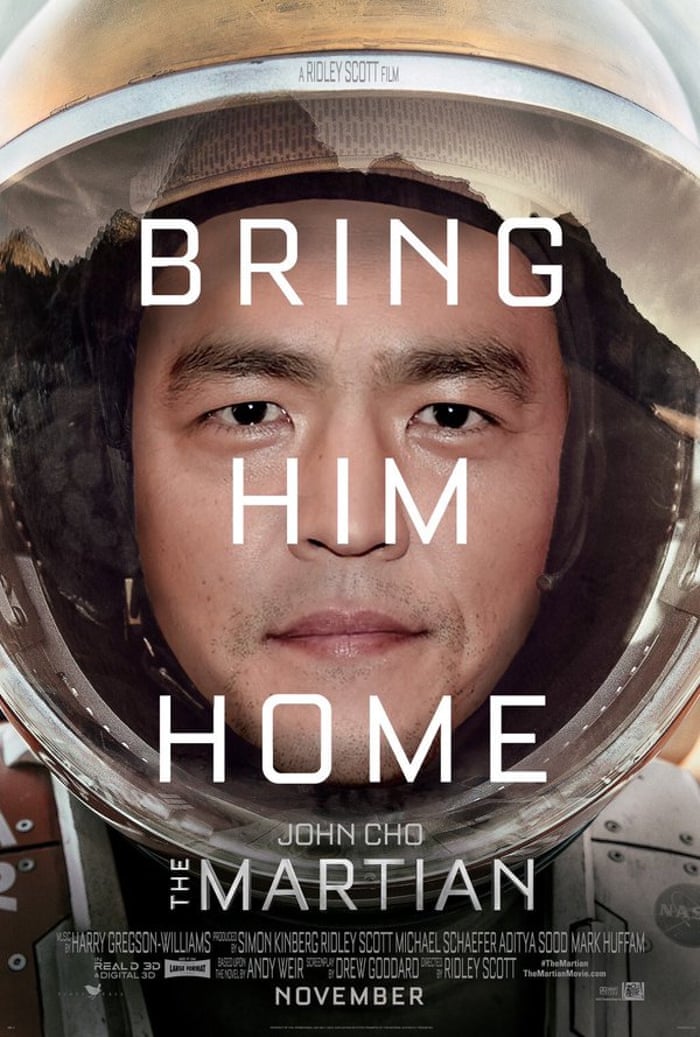原文出自5/2/2016的Wall Street Journal
原文網頁版點我
原文標題: What Entrepreneurship Can Teach Us About Life
Larger-than-life (a) 令人印象深刻的
breed (n) 品種
hokey (a) 矯情的
zest (n) 熱情
offbeat (a) 異類的
old-fashioned (a) 老套的 過時的
We often think of entrepreneurs as larger-than-life characters. They take big risks. They make their own rules. They innovate and experiment, questioning things everybody else takes for granted.
我們常常覺得創業家是與眾不同的。他們勇於面對風險,創造自己的規則,他們創新、實驗、質問所有大家認為理所當然的事情。
It can almost seem like entrepreneurs are a breed apart. But they’re not. All of us are born with the ability to take risks, think creatively and challenge the everyday way of doing things. And as hokey as this can sound, we would all do well to tap into those traits in both our lives and our careers, whether we work for ourselves or not.
創業家根本像是另一個人種,但他們不是。我們每個人生來都有接受風險、創意思考、挑戰平凡事物的能力。這也許聽起來很矯情,但我們每個人都能在我們的人生與職涯發揮這些能力,無論我們是不是自己的老闆。
What does that mean? In every aspect of our lives, it’s easy to get stuck in a rut unless we think creatively and take some risks. Without imagination, for instance, family life can seem confining and limiting—but, if we apply some entrepreneurial spark, it can become an adventure where we are committed to each family member’s development. Leisure activities—arts, sports, travel—can be mechanical and routine if we approach them in the usual way. Or we can experiment and try new things, so that we approach our extracurricular time with a renewed zest.
這是什麼意思?在人生的每個面向,我們常發現自己卡在泥淖,除非我們換個想法或是接受風險。舉例來說,如果沒有想像力的話,家庭生活會讓人覺得一成不變,但如果我們善用創業家般的思考模式.家庭生活會是場冒險且能協助家庭成員的成長。如果我們用平常的方法來進行藝術、運動、旅遊這些休閒活動,這些活動可能會顯得制式化。或者我們可以試著嘗試新事物,這樣我們對休閒時間就有全新的熱情。
Sure, everybody knows on some level that it’s good to try new things and look at the world from a fresh perspective. But we don’t often live that way. So it’s important to remind ourselves from time to time that we have much to gain by taking on that challenge.
當然,每個人都知道在一定的程度下嘗試新事物、從不同角度看世界是件好事。但我們通常不這麼做。所以,時常提醒自己接受挑戰對自身的好處是很重要的。
It helps to remember that all of this once came naturally to us.
回想這對我們而言曾經是多麼自然,會有所幫助。
Think of a three-year-old struggling with a project. A well-meaning adult tries to help her—but the three-year-old rejects the help, fiercely, saying, “I do it!” She owns the project and is absorbed in it. Her satisfaction turns on her overcoming the challenges.
試想一個三歲小孩遇到了某個瓶頸。一個大人善意地想要幫她,但這名三歲小孩嚴正地拒絕幫助:「我自己來!」。這項挑戰是屬於她的,而她的成就感來自於靠自己克服挑戰。
Of course by adulthood life has become complicated and sometimes we find ourselves stuck. We all know the grind of jobs that we’re not engaged with. The same holds for ruts in any area of our lives.
當然,成年以後,人生變得複雜許多,我們常覺得自己停滯不前。我們都明白,工作中總有令人厭煩的時候,而人生也是一樣。
That is exactly why an entrepreneurial outlook on life is essential. We can always ask “Why?” of any aspect of our lives. We can imagine alternatives, experiment and commit to finding the best new way.
這就是為什麼用創業精神看待人生如此重要。對人生的所有面向,我們可以問「為什麼?」,我們可以想像各種可能性,去試驗並立志要找出最好的、最新的選項。
With a growing child or an adult committed to self-development, the entrepreneurial principles are the same. Start with the difference between starting a business and working for someone else. The entrepreneur owns the business and feels responsible for defining its purpose and strategy. Employees come into a pre-existing business and follow along. While working for someone else might be a perfectly good career option, being an employee with respect to my own life isn’t. My life is my project to initiate and maintain—and I can’t follow someone else’s script for it.
創業精神的原則是一致的,不論是一個承諾要自我成長的小孩,或是成人。從自己創業和替別人工作的差異來看,創業者擁有這間公司,並且對公司的目標及策略負責,員工來到這間已經存在的公司,跟隨原本的規則。替別人工作可能是完美的職涯選項,但成為自己人生的員工可能不是。我的人生是我自己開始,且必須自己負責的案子,而且我不能照著別人的劇本演出。
Children grasp this point when they say, “You’re not the boss of me!” Rightly or wrongly in the particular circumstances, children who say this are asserting the basic entrepreneurial attitude in their lives: It’s theirs and they’re in charge of it. Well-meaning authorities—parents, teachers, and older siblings—can overstep and so be on the receiving end of the kids’ assertive push back. As adults, reminding ourselves that we are our own bosses can be an equally helpful self-corrective.
明白這點的孩子會說「你又不是我的老闆!」,這句話在特定情況下合理,有些又不合理。會這麼說的孩子是在表達,對自己人生的基本創業態度。這是他們的人生,他們自己掌控。出於善意的掌權者-父母、老師、兄姊,可能會跨界而得到孩子們強烈的反彈。身為成人,提醒自己,我們是自己人生的主人,有助於我們自我矯正這點。
Our attitude to rules is a closely related aspect of the entrepreneurial mind-set. Entrepreneurs are rule makers and often rule breakers. Games are a good metaphor for life here. Kids learn that a game like basketball has official rules. But those same kids on playgrounds are endlessly inventive in making up or modifying its rules—two-on-two, horse, no three-point line and so on—and discovering that it’s fun to experiment.
我們對規則的態度,和創業精神緊密相連。創業家制定規則,同時也打破規則。若用遊戲比喻人生,孩童學打籃球的時候,也會學到打籃球的規則,但漸漸地她們開始自己發明新的規則,或修正原有的規則,二打二、取消三分線等等,最終他們發現了試驗新事物的趣味。
Or when we’re very young writers our teachers might tell us a rule: Every paragraph must have five sentences. But as we grow as writers, we come to understand that such rules have targeted, limited purposes and that often they are breakable. As mature writers, we select only those rules that help us achieve our purposes, and ignore the rest.
或我們剛開始學習寫作的時候,老師會規定我們,每一個段落一定要有五個句子。但我們熟悉了寫作,我們會明白這樣的規則.只適用於特定的目標,而且通常是可以被打破的,所以我們只選擇可以幫助我們達到目標的規則,忽視其他不適用的規則。
The same is true in the game of life. It’s important to cultivate our ability to think about the basic rules and assumptions: Which can be changed? Which could or should be broken? As a personal experiment, invent a variation on basketball or another sport. If you play card games on the weekend, change a rule and see what happens.
人生也是一樣的道理。學習思考基本規則和假設的能力是很重要的,像是我們可以更改那些規則? 我們可以或應該要取消哪些規則? 做為練習,改變籃球或是其他運動的規則,如果你在周末玩卡片遊戲,換個遊戲規則,看看會發生什麼事。
Children also tend to be deciders rather than permission-askers. They’re doing their own thing their own way, and that is what absorbs them and helps them learn perseverance. Similarly, entrepreneurs make judgments and act on them. Bad judgment and failure are always risks, but their rule of thumb is do it and—if necessary—ask forgiveness and fix their messes after.
孩童傾向於做決定,勝過於尋求准許。他們用自己的方式做自己的事,而這有助培養他們的毅力。同樣地,創業家做自己的決定,執行那些決定,雖然總會有做出錯誤的判斷和失敗的風險,但他們的大原則是直接去做,以及如果有必要的話,尋求原諒,然後收拾善後。
So what holds so many of us back from maintaining the basic entrepreneurial way of being we started off with as children?
所以,是什麼使我們遺忘了我們自幼本有的創業精神?
Sometimes it’s a fear of making the self-investment. It takes energy to do something for yourself, to not just go with the flow that others dictate. Yet we know from our important commitments—friendship, marriage, parenting—we only get out what we put into them. No guarantees, but the entrepreneurial spark of risk taking and willingness must be there.
有些時候,是害怕自我投資。我們需要一些勇氣不去遵循潮流,只專注走自己的路。但我們對友情、婚姻、親子的承諾中學到,付出多少,便得到多少。雖然不是必然,但創業精神總伴隨著風險。
Or sometimes it’s a fear of failure and disapproval. Yet we know that safe and indecisive lives turn us into automatons. And everybody wants to be with people who are really into what they do.
或者,有些時候是害怕失敗和反對。但我們都明白,安逸的生活使我們怠惰。而且大家都喜歡對自己做的事情有熱情的人。
Sometimes we’re stalled by feeling that it’s too late to change. But Ray Kroc was in his 50s when he set McDonald’s on its trajectory. Abraham Maslow was almost 60 when he had a heart attack—and then wrote movingly about how he suddenly realized how free he was to pursue what truly mattered in his life.
有時候,我們會覺得改變已經太遲了。但直到Ray Kroc50多歲,麥當勞才逐漸起飛,Abraham Maslow60多歲時心臟病發,接著寫下他如何突然領悟到,他可以自由地在人生中探索最重要的事物。
Now, this doesn’t mean turning your own life upside down. It doesn’t mean discarding your traditional ways of doing important things and coming up with entirely new methods. It means making small experiments with everyday routines, little things that we often think are set in stone but can be changed with just a bit of effort and experimentation—and make us feel like we really own our lives.
現在所說的,並不是要徹底顛覆你的人生。這並不是要你捨棄你原本做事的方式,用一個全新的方式取代之。而是要你在日常瑣事中開始試驗,從那些我們習以為常,但只要花一點點精力就能有所改變的平凡事物,而從此感受到我們能掌控自己的人生。
Practice doing something risky every day. Go to a new restaurant and eat something different or weird. Take one dancing lesson and then a drawing lesson and then a kayaking lesson. Wear a pair of bright yellow pants. Do something different every day—and make that a habit.
試著每天接受一項挑戰。去一間新開幕的餐廳,點一道奇怪的菜。上一堂跳舞課、畫畫課、划船課。穿一條亮黃色的長褲。每天做一項不一樣的事情,然後漸漸培養成習慣。
Get to know some entrepreneurial people—travelers, those who like unusual music, those who play charades and can laugh at their hilariously failed attempts. Talk with children and try to answer the offbeat questions they ask.
想辦法認識一些有創業績神的人,像旅者、喜歡奇怪音樂的人、玩啞劇字謎的人和那些自嘲失敗的人,和孩子們聊天,試著回答他們異類的問題。
With your family, try a new board game—or, when the children roll their eyes at that old-fashioned suggestion, explore a multiplayer videogame. Make a holiday meal together, with each family member responsible for a different dish. Listen to your children’s music. Say yes to almost any new idea your spouse suggests.
和家人一起玩個新的桌遊,或是,若孩子們對老套的遊戲無感,發覺個可以多人玩的電動遊戲。一家人一起準備節日大餐,讓每個成員準備一道料理。聽聽看孩子喜歡的音樂,嘗試每樣伴侶提出的新點子。
Leisure options, including travel, can be expensive. But you can pretend to be a stranger in your own town, and visit the attractions tourists come for (but locals never get around to exploring). Find a new one each month. Or sample one of many courses schools and organizations offer just for fun.
旅遊這些休閒活動,可能會花上不少錢。但你可以每個月一次,假裝初次來到你居住的城市,拜訪觀光景點(那些當地人絕對不會去的地方)。或上一堂學校或其他組織舉辦的課程,單純因為好玩。
And break at least one rule every day.
然後每天至少打破一樣規則。
-
我翻完了!!!! 這篇文章真的不錯 而且其實蠻好懂的
每次說到創業,總是想到公司大老闆 或是開咖啡店的年輕人 反正輪不到我
但創業不代表一定要開啟某項事業 在平常生活之中我們也可以注入創業的想法 讓生活更豐富
要創造一件事情 並沒有想像中的那麼難 只要勇於面對挑戰 嘗試新事物 我們每個人都可以用創業精神經營自己的人生
就這樣了(擦汗)



